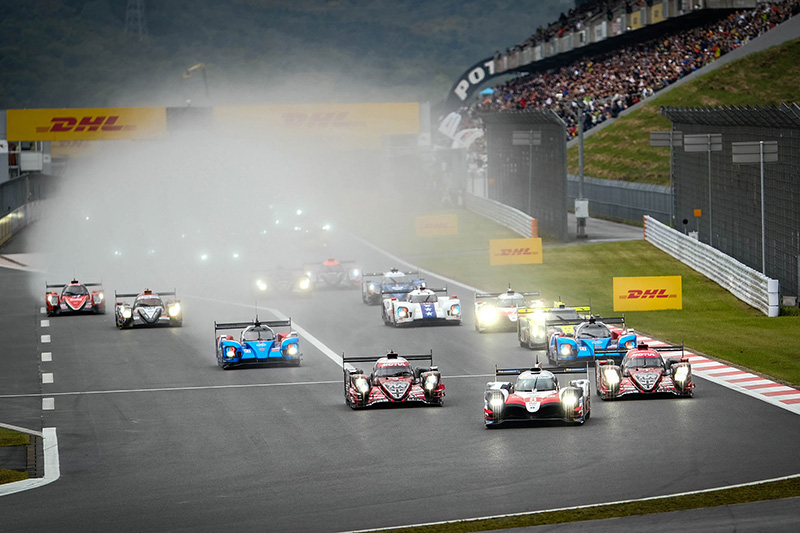The majority of the Muay Thai camps in Thailand can be found in the more deprived rural areas of the country. This is because those areas have been the most fertile recruiting grounds for camp owners to attract new talent to their camps. This has to do with the social economical situations in those areas. Because most boys are brought to the camps by their parents in the hope that the boy can help in providing a better future for the family, it is common for a camp owner to take in the boy and offer him training, food and shelter in return of a percentage of his future price money. A typical rural camp, depending on its size, trains from 4 to 20 Muay Thai students (in Thai: Nak Muay Thai). The number of trainers depends on the number of students. In smaller camps, the owner is most of the time also the trainer and his wife is the medic and the cook. Large camps most of the time employ former fighters to help with training the students.
A typical Muay Thai camp contains a Muay Thai ring surrounded by heavy bags hanging from metal racks, a large mirror and some rusty weights, all under a sheet metal roof on a concrete floor. The students in smaller camps share a room in the owner’s house. In large camps, most of the time there is a single story dormitory available with small 4 by 5 meter rooms. These rooms contain a bed, nightstand, toilet and shower. In most cases, the residents (most of the time younger pupils) will share a room. There will always be an open air kitchen available where the students are fed 3 meals a day.
When a new pupil joins the camp, he is most of the time taken under the wing by an older fighter who will help to get the boy familiar with the daily routine of the life at a Muay Thai camp. For the younger students at the camp, the day generally starts at 6 o’clock in the morning when the students wake up to start the day with a 2 to 5 Km run in the cool morning after which the morning training will start. The younger students will not yet receive training from the actual trainers, but are expected to copy the drills performed by the older fighters in one-on-one trainings with the camp’s trainers. However, the older fighters will from time to time correct and instruct the younger fighters. After the morning training, the pupils will eat breakfast together after which the younger pupils will be off to school. After returning from school, the pupils will begin their second training of the day, which again starts off with running, followed by stretching, shadow boxing, heavy bag training and sparring. The younger boys are also expected to ensure that the older fighters are provided with cold water during their pre fight training. After a three hour session, the boys have to hang their gloves and bandages outside in order to be dry for the morning training the next day. After this, everyone eats dinner together and watches some TV before going to bed.
Life at a Muay Thai camp away from your family at a young age is tough, but is also very rewarding as the people living in the camp spend so much time together that they form a close family. The older fighters act like older brothers who are helping the younger pupils to adjust to the life in the camp. They also help the youngsters during training by coaching them and – when the day of their first fight comes – by standing in their corner encouraging them to victory or offering them comfort if they’d lose. The owner of a camp acts as a father figure setting out the rules and look out for there well being, while his wife most of the time acts as a mother figure offering them a smile and comfort during hard times and patching-up their Muay Thai shorts when they need mending.
But the ultimate goal of the young boys is one day standing in one of the major Muay Thai stadiums in the capital Bangkok wearing a pair of custom Muay Thai shorts displaying their name and the name of the camp. And by doing so earning fame and status for their camp, family and themselves.


